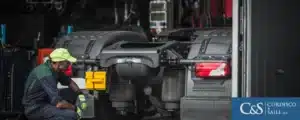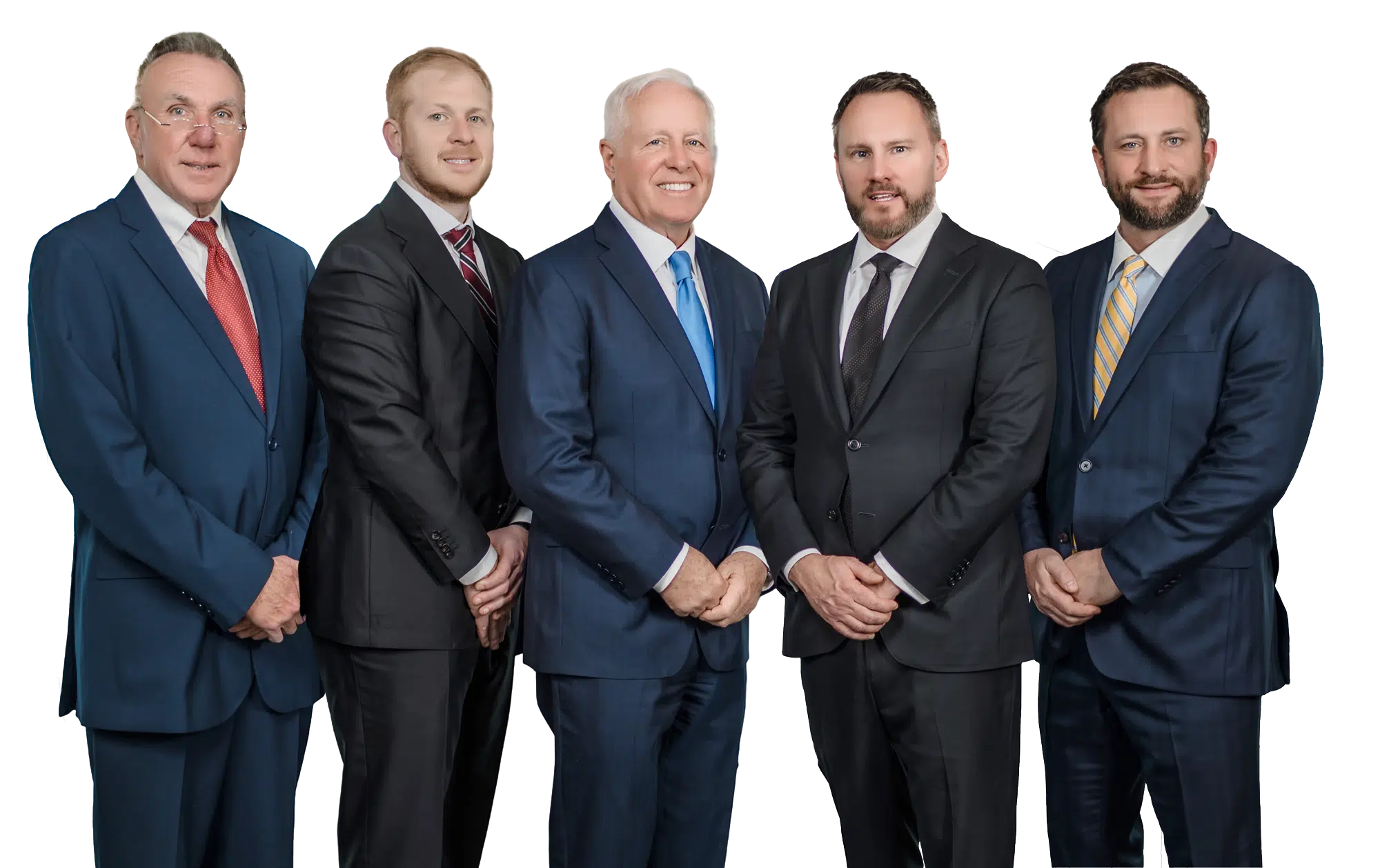Truck accidents tend to be more serious and lethal than auto crashes because of the sheer size of the vehicles involved and the high force of the collision. These cases can also take much longer to resolve, as sorting out the liability of multiple involved parties can be complicated.
Our experienced Pennsylvania personal injury attorneys can help you understand how lawyers and insurance companies determine fault after a trucking accident and how it can affect your claim.
Key Factors in Determining Fault in a Truck Accident
Fault is typically assigned based on a party’s negligence. To prove negligence, a party must establish the following four elements:
- The party owed a duty of care to the victim, meaning they were expected to behave in a reasonable manner to prevent harm to others.
- The party breached that duty by acting negligently or recklessly, endangering those around them.
- The party’s breach of duty caused the accident, whether directly or indirectly.
- The accident caused the victim to suffer compensable damages.
There are many ways to investigate liability in a truck accident, starting by analyzing the available evidence. We can look at factors like the truck driver’s conduct, weather, and the condition of the truck or road. The truck will also have a black box containing data on the vehicle’s speed, driving, and breaking patterns, helping illustrate a clearer picture of its behavior at the time of the accident.
How Do Trucking Regulations Impact Fault in Pennsylvania?
Truckers in Pennsylvania must follow state and federal regulations setting limits on their vehicles’ maximum weight, the number of hours drivers can work without breaks or extended rest, and other safety measures. Companies are also required to conduct and document regular vehicle inspections.
Failing to abide by these regulations can increase the risk of a truck accident. Proving a violation can strengthen your case and clearly illustrate the fault of the driver, trucking company, and others involved.
Get legal help from a team that will never stop fighting for you.
Parties That May Be Held Liable in a Truck Accident
Many different entities responsible for a trucking operation can bear responsibility for an accident. Examples include:
- The truck driver may have driven negligently, carelessly, or recklessly or ignored safety rules.
- The trucking company may have violated trucking regulations or can be held responsible for the actions of its employees.
- Cargo loaders and shippers can contribute to accidents by overloading the truck or incorrectly securing loads.
- Truck manufacturers may have produced defective parts or components that can cause accidents.
- Maintenance or repair companies may have failed to properly inspect, maintain, or repair the truck.
- Other drivers may have failed to obey the rules of the road and caused the truck accident.
- Government entities, which may fail to properly maintain roadways and infrastructure
Can Multiple Parties Share Fault in a Truck Accident?
Yes, several different parties can all share liability for a truck accident. Pennsylvania is a modified comparative negligence state, meaning accident victims can recover compensation if they are not more at fault than the defendant. Under Pennsylvania’s Fair Share Act, each liable party is responsible for a settlement in proportion to their degree of blame for the accident.
For example, suppose a truck driver gets into an accident because they were sleep-deprived and didn’t notice a car running a red light. The driver who ran the red light might be assigned 40 percent of the blame for breaking traffic laws, the truck driver might receive 20 percent for failing to stop, and the company might be responsible for 30 percent of the judgment for forcing employees to violate work-hour requirements.
What Evidence Is Needed to Prove Fault in a Truck Accident?
“Black box” data from the truck, trucking company records, and documentation from third-party sources can help you build a strong case after a trucking accident. For instance, the truck’s “black box” will have recorded data like speed and the driver’s actions leading up to the accident. Surveillance and dashcam footage could show the accident. The trucking company’s driver logs will document how many hours the driver worked. The company’s records might establish that the company violated trucking regulations.
In addition, police reports, witness testimony, and video footage of the accident can all be key in proving your claim. Meanwhile, medical records and bills, expert witness testimony from your doctors, income records, and paystubs can establish the nature and severity of your injuries and the extent of your losses.
However, obtaining evidence like this can be tricky. Some records and evidence might require tracking down other drivers or businesses who might not be willing to share it. An experienced truck accident attorney can help you gather hard-to-find evidence and secure compensation from all liable parties.
Contact Us For a Free Case Evaluation
With their complicated web of liability and multiple parties, truck accident claims are often tricky to navigate. The nationally recognized personal injury lawyers with Cordisco & Saile can help. With more than 30 years of experience and over $100 million recovered for our clients, we have the skill, knowledge, and expertise to handle your truck accident claim and secure you the maximum possible compensation.
Contact us online or call 215-642-2335 today to schedule a free consultation. We won’t charge you any fees unless we win your case.

Serving as a personal injury attorney in Pennsylvania, Michael Saile has been honored as both a Brain Injury Top 25 Lawyer by National Trial Lawyers and a 2024 Super Lawyer. He earned his J. D. at Widener University School of Law where he was a member of the Moe Levine Trial Advocacy Honor Society. Saile is also the author of two publications titled “Not Another Bad Lawyer” and “Don’t Crash Again”.




